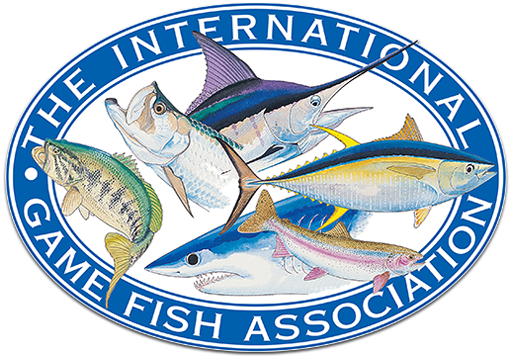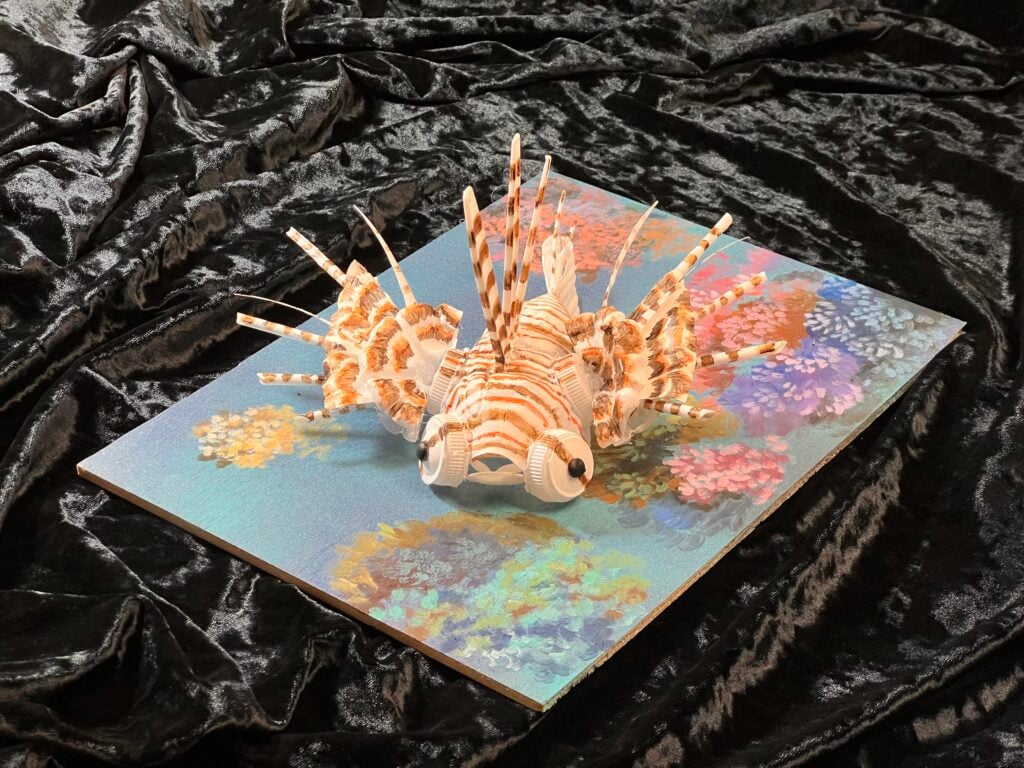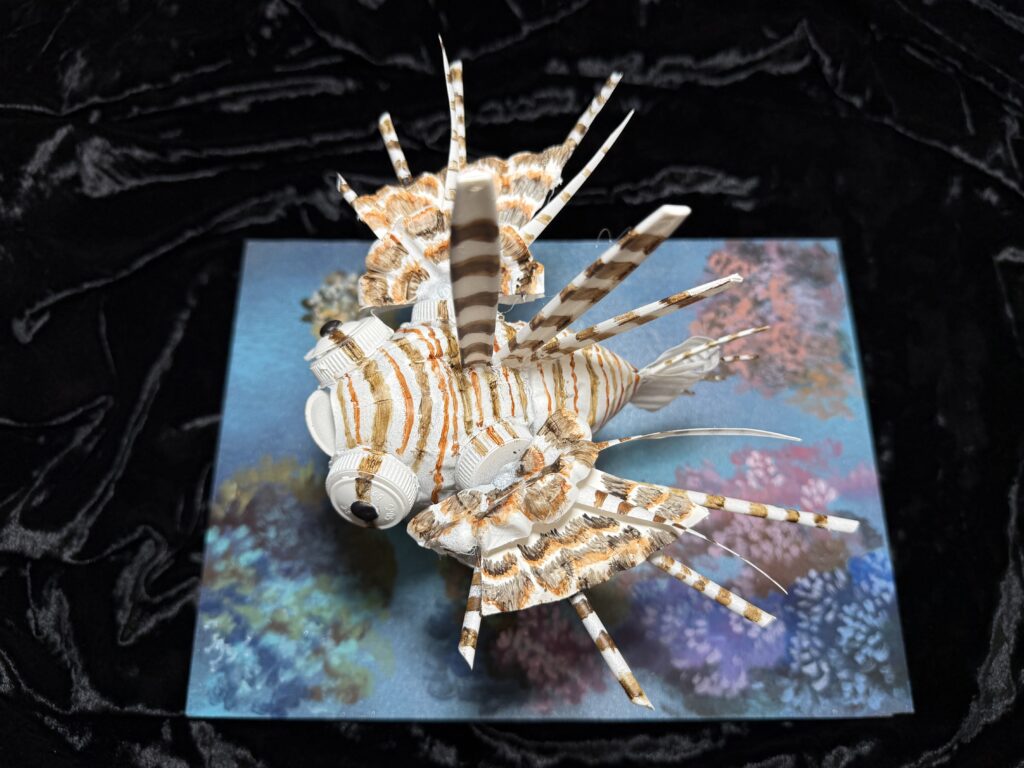2025 IGFA Debris Division Award Winner
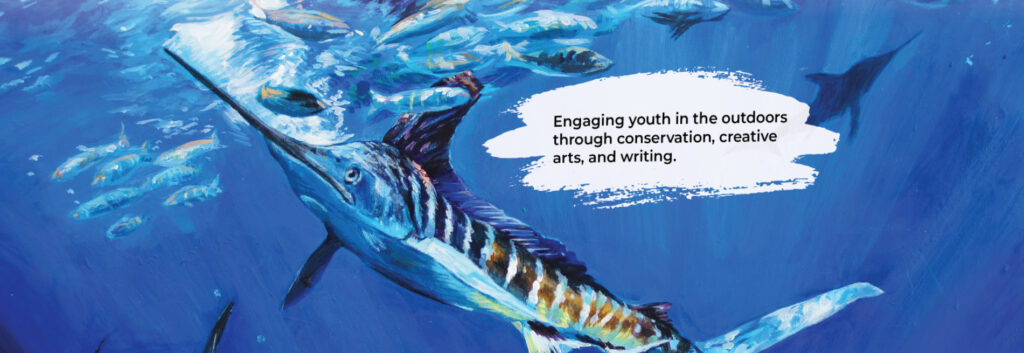
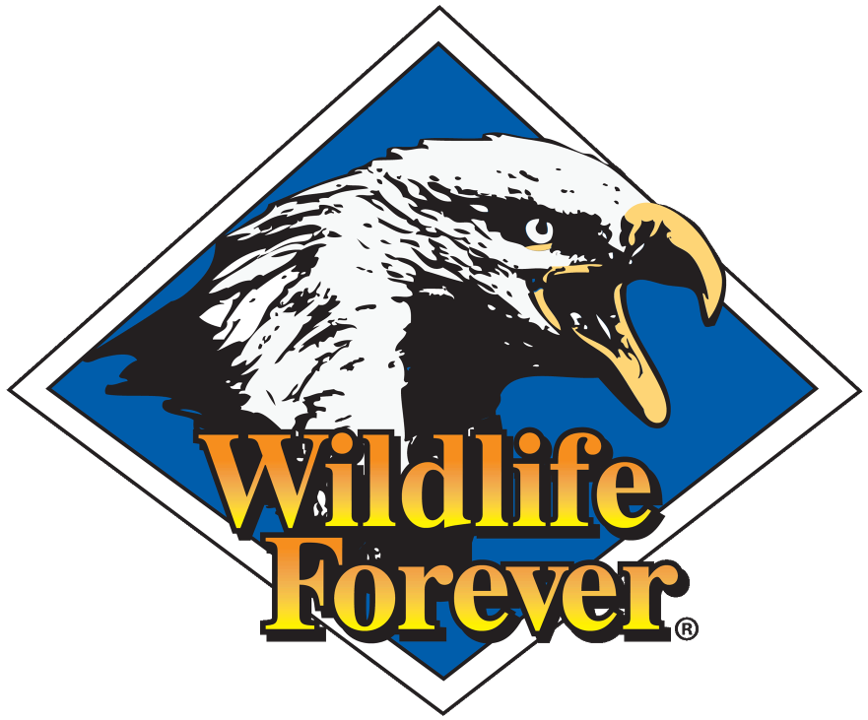 The IGFA has again partnered with Wildlife Forever on their highly popular and globally successful Fish Art Contest™ to help introduce more children to sport fishing and the importance of conservation. This year, the contest received an astounding 6,315 entries from 44 countries and 47 states within the United States and the District of Columbia. This contest continues to grow into a global effort connecting kids to the outdoors through science, fishing, art, creative writing, and now, thanks to the IGFA’s Debris Division, habitat cleanups.
The IGFA has again partnered with Wildlife Forever on their highly popular and globally successful Fish Art Contest™ to help introduce more children to sport fishing and the importance of conservation. This year, the contest received an astounding 6,315 entries from 44 countries and 47 states within the United States and the District of Columbia. This contest continues to grow into a global effort connecting kids to the outdoors through science, fishing, art, creative writing, and now, thanks to the IGFA’s Debris Division, habitat cleanups.
Every year, the submissions blow us away—and the most amazing part? They’re all created by kids! Youth in grades K-12 can enter, and the winners of all categories for this year’s contest were nothing short of spectacular, including the winner of the IGFA Debris Division Award in which we would like to proudly announce and congratulate this year’s winner, Dongwoo Jung, an 11th-grade student from Seattle, Washington, USA!

What is even more impressive than the Red Lionfish created by Dongwoo, out of the very same plastics he collected from his community habitat cleanups, was the story behind his work. You can read his essay and conservation message on this “Plastic Beauty” below.
“The Red Lionfish. A stunningly beautiful creature—its venomous spines, elegant fins, and bold stripes almost hypnotize you. But lurking beneath that striking exterior is a fish that’s wreaking havoc on ecosystems all around the Atlantic. I wanted to bring that complex story to life in my art, using plastic debris I found scattered across a beach in Seattle. As I walked along the shore, I saw piles of plastic: bottle caps, shredded containers, tangled fishing lines. This trash, a direct result of human carelessness, was everywhere. And I knew I had to use it to tell a bigger story.
The Red Lionfish isn’t native to the Atlantic Ocean. It’s originally from the Indo-Pacific, but it’s slowly taken over, pushing out native species and disrupting fragile coral reefs. They spread like wildfire, and with no natural predators in these new waters, their population exploded. They’ve turned into a nightmare for local fish—eating everything in sight, overhunting, and outcompeting the fish that belong there. And it’s a problem we can’t ignore.
I turned this plastic waste into something that resembles the lionfish’s lengthy spines and flowing fins. The colors, shapes, and textures of the debris naturally mirrored the lionfish’s form, almost like it was meant to be. Each discarded piece was chosen carefully, not just for its look but for its message. This was no ordinary junk—it was a reminder of how we’ve altered the oceans with both invasive species and pollution.
As I built the fish out of waste, I couldn’t help but think about how we’ve created this mess. How the lionfish’s invasion and the pile of plastic I was working with are both consequences of human actions. But there’s hope. By using the very waste that hurts the ocean to create something meaningful, I’m sending a message: We need to stop treating the planet like it's disposable. We need to act before it’s too late.
The Red Lionfish might be beautiful, but it’s also a symbol of everything we’ve done wrong. We’ve been careless, and now we’re paying the price. The plastic debris I used tells a story of what’s at stake. It’s a call to action for all of us to think differently about our impact on the environment. To be mindful. To change our habits. To respect the natural world and the creatures that rely on it to survive.”
Dongwoo Jung,
Washington, USA
Thank you, Dongwoo, for helping to raise awareness not only about one conservation concern but two. The spread of invasive species affects native fish habitats as well as plastic debris affecting all game fish habitats. We encourage others to be more mindful of our habits, especially when it comes to consuming single-use plastics. Through the IGFA’s sponsorship of the Fish Art Contest™, we plan to keep this Debris Division going, encouraging students and all individuals to clean up their local waterways and favorite fishing spots so that game fish and their habitats can remain healthy for many years to come.

To learn more about the IGFA’s Habits for Habitats Initiative and what you can do to help, visit: https://igfa.org/habits-for-habitats-initiative/.
The 2026 contest begins September 1, 2025, and we cannot wait to see what the students create next year! Students, you can already head out to your local waterway to start cleaning and creating!
To view all category winners, visit https://www.theartofconservation.org/2025-fish-art-winners.
